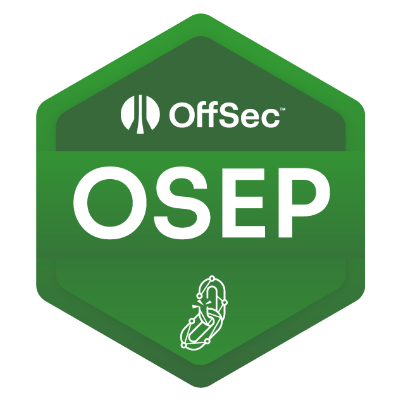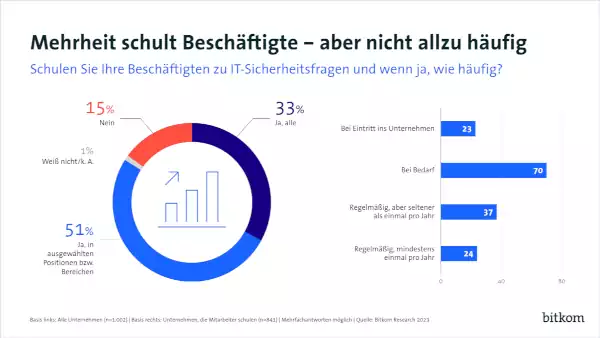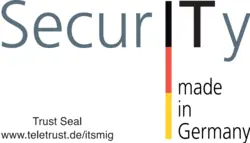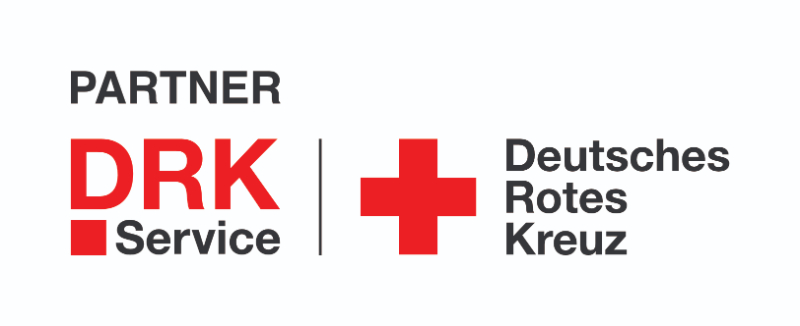Security culture & awareness: Make IT security an integral part of your everyday working life.
Technical measures are only half the battle. It is crucial that all employees understand how important IT security really is. We support you in the development of company-wide awareness concepts, training programs and the introduction of mandatory awareness measures, so that information security is not just a task for the IT department.
What does an active security culture mean?
- Understanding the risks: Employees know the dangers behind phishing, malware & co.
- Sense of responsibility: Each individual feels jointly responsible for observing security guidelines.
- Continuous learning: Regular training and courses keep everyone up to date.
Our services at a glance
Development of company-wide awareness concepts
- Analysis of your current security culture and identification of weak points
- Design of customized measures to raise awareness
- Integration into existing processes and communication channels
Development of education and training plans
- Planning of regular training courses, e-learning and workshops
- Alignment of content with the risk profile and prior knowledge of the workforce
- Use of modern learning methods (gamification, interactive formats) for maximum efficiency
Support with the introduction of mandatory awareness-raising measures
- Advice on legal and regulatory requirements (e.g. GDPR, ISO 27001)
- Creation of documentation, policies and guidelines
- Support with company-wide introduction and enforcement
Advice on training platforms and content
- Evaluation and recommendation of suitable learning platforms and tools
- Compilation of target group-oriented training content
- Continuous updates of materials to cover new threats
Why is a strong safety culture so important?
Reduced error rate
Most safety incidents are caused by human error. Trained employees recognize dangers more quickly and act responsibly.
Image and reputation protection
A security-conscious company enjoys the trust of customers and partners - and minimizes the risk of headlines in the event of data leaks.
Compliance fulfillment
Many regulations (e.g. GDPR, ISO 27001) require awareness and training measures.
Long-term cost savings
Prevention is usually much cheaper than dealing with a security incident.
Häufig gestellte Fragen (FAQ)
How often should awareness training courses be held?
Ideally on a regular basis - for example, annually for all employees and also when important changes occur (new systems, processes, threat situations). Repetition consolidates knowledge and keeps everyone up to date.
Do we need to organize elaborate face-to-face events?
Not necessarily. E-learning modules, webinars or short interactive sessions can be very effective and can be easily integrated into everyday working life. A mixture of different formats is often best.
How do we measure the success of the awareness measures?
By tracking key performance indicators (KPIs) such as phishing click rate, number of security-related incidents or test results from training courses. It is important that the measures are constantly evaluated and optimized.
What topics should be covered in a training plan?
Basic topics are password security, phishing detection, social engineering, handling sensitive data and reportable incidents. Building on this, further specific content can be added depending on the industry (e.g. handling payment data).
Who should be responsible for the awareness concept?
Ideally, a central position should be appointed (e.g. CISO or security officer) who is in close contact with HR and the IT department. Management should also actively support and exemplify the measures.
Emergency?
+49 157 92500100Switzerland
This could also suit you
Selected Certifications












